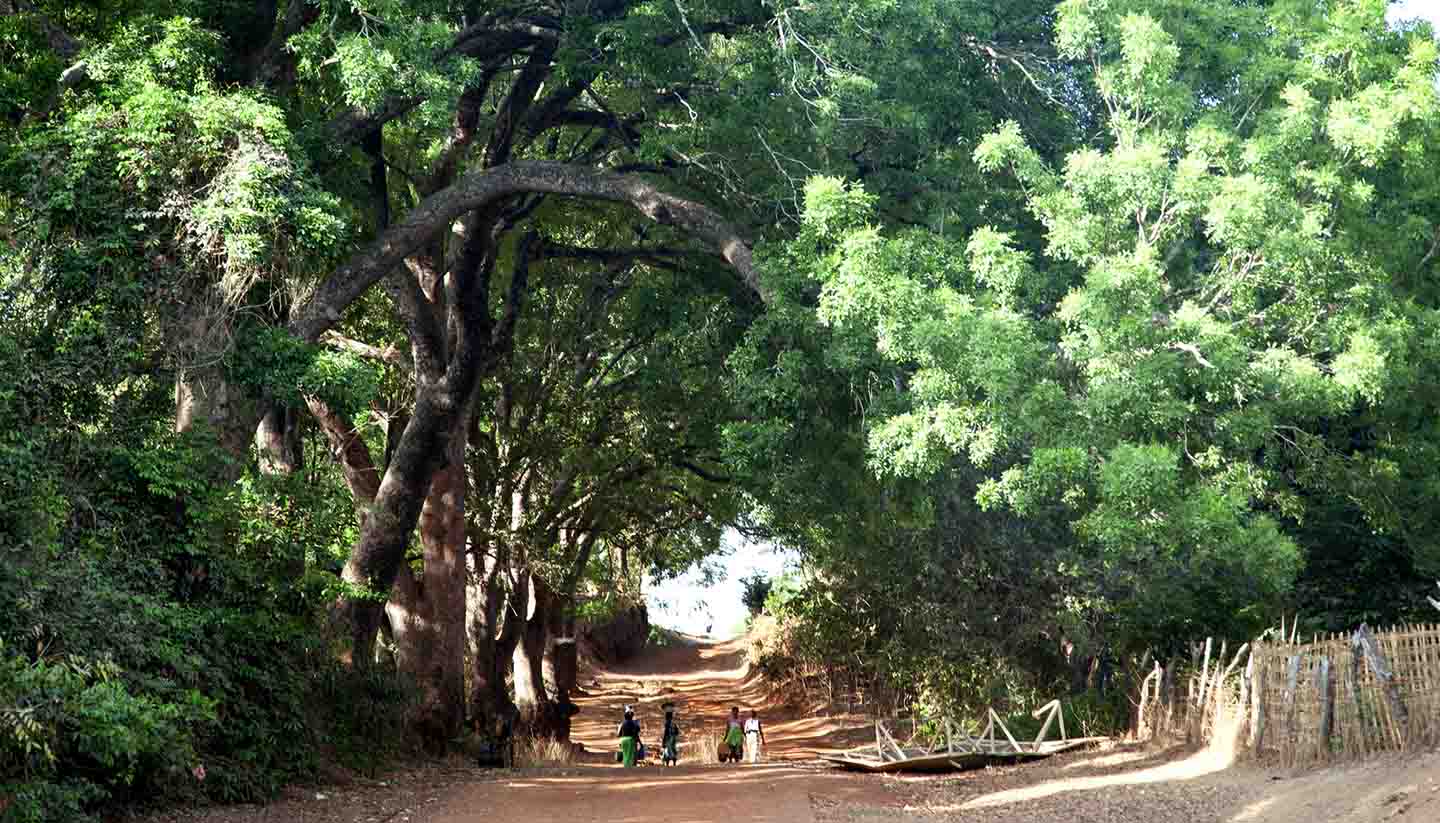Guinea-Bissau History, Language and Culture
History of Guinea-Bissau
Guinea-Bissau was carved from Portuguese-occupied West Africa in 1886, after an agreement between colonial powers to fix boundaries in the region. The Portuguese had been present since the mid-15th century and had established a substantial slave trade.
The territory was administered jointly with Cape Verde until 1879, after which it was treated as a separate entity and known as Portuguese Guinea until independence. Guinea-Bissau suffered a protracted war of independence (1963-1974), led on the rebel side by Amilcar Cabral, a highly respected figure inside the country, who was supported by Cuba.
In 1974 a military coup in Portugal, itself partly the result of heavy losses sustained by the army in Guinea-Bissau, brought about a sudden withdrawal of the colonial authorities.
The newly independent country functioned as a one-party state for the next 25 years with Joao Vieira, leader of the African Party for the Independence of Guinea and Cape Verde (PAIGC), at the helm.
In 1994 the government began a process of political reform, which led to multi-party elections. The PAIGC secured a clear majority in the National People's Assembly and Vieira secured the presidency. The Vieira administration was unable to tackle the country's poor and worsening economic situation. It also became embroiled in disputes with Senegal over territorial waters and alleged support for secessionist rebels in the Senegalese region of Casamance.
The Casamance guerrillas' main supporter in Guinea-Bissau was Brigadier Ansumane Mane, a politically ambitious officer who in 1998 staged a rebellion against his own government. Vieira survived the attempted coup, but in 1999 Mane finally took power. From this point onwards the history becomes one of coup and counter coup.
Elections took place six months later, and the PAIGC lost to the Party for Social Renewal (PRS), led by Kumba Yala. But he was also incapable of tackling the country's enormous problems and was overthrown by the military in 2003.
In 2005, Joao Vieira, the former military ruler toppled in the 1999 rebellion, returned from exile in Portugal and was re-elected president only to be killed in a coup in 2009. Yet another coup followed in 2012 when Manuel Serifo Nhamadjo was installed as interim president. Jose Mario Vaz was elected President in May 2014 while the people of Guinea-Bissau hoped for stability.
Did you know?
• Portuguese is the official language, but a kind of Creole, which developed during the slave trade, is more widely spoken.
• Guinea-Bissau made its Olympic debut in the 1996 Atlanta Games competing in wrestling.
• Guinea-Bissau has one of the worst drug trafficking problems in Africa and is used as a staging point for cocaine between South America and Europe.
Guinea-Bissau Culture
Religion in Guinea-Bissau
Mainly animist and Muslim. There is a small minority of Roman Catholics and other Christians.
Social Conventions in Guinea-Bissau
Casual wear is widely accepted. Social customs should be respected, particularly in Muslim areas. Petty thievery and pickpocketing are increasingly common, particularly at the airport, in markets and at public gatherings. Homosexuality is illegal.
Photography: Visitors should request permission from security personnel before photographing military or police installations.
Language in Guinea-Bissau
Official language is Portuguese. The majority of the population speak Guinean Creole. Balante and Fulani languages are also spoken.


